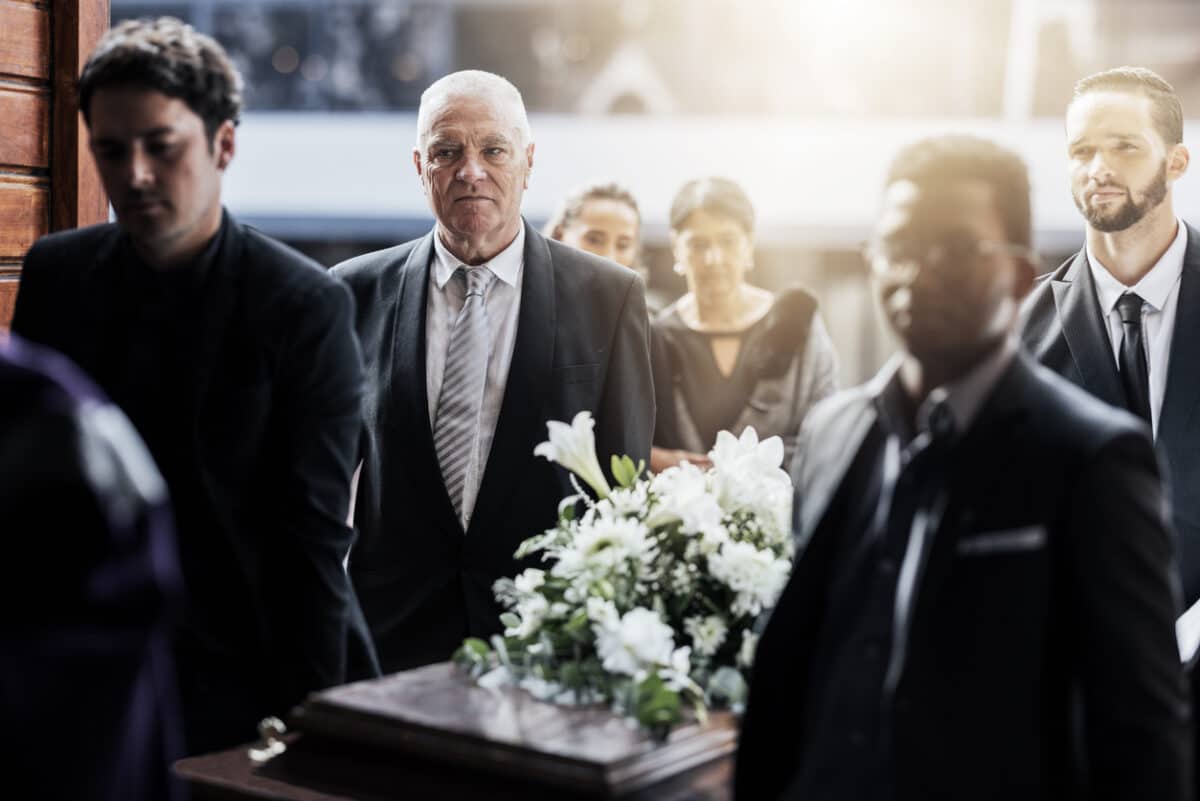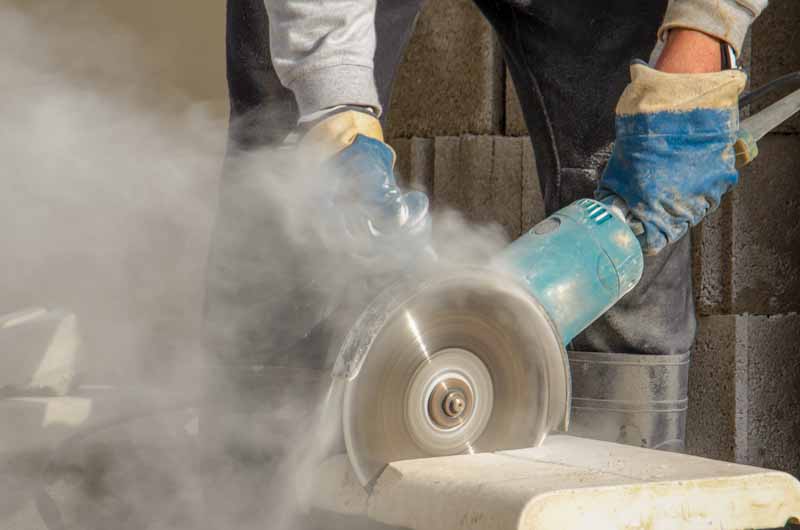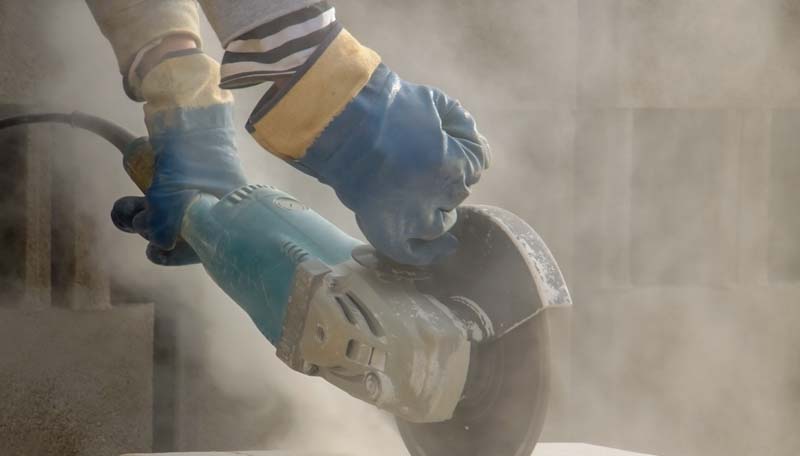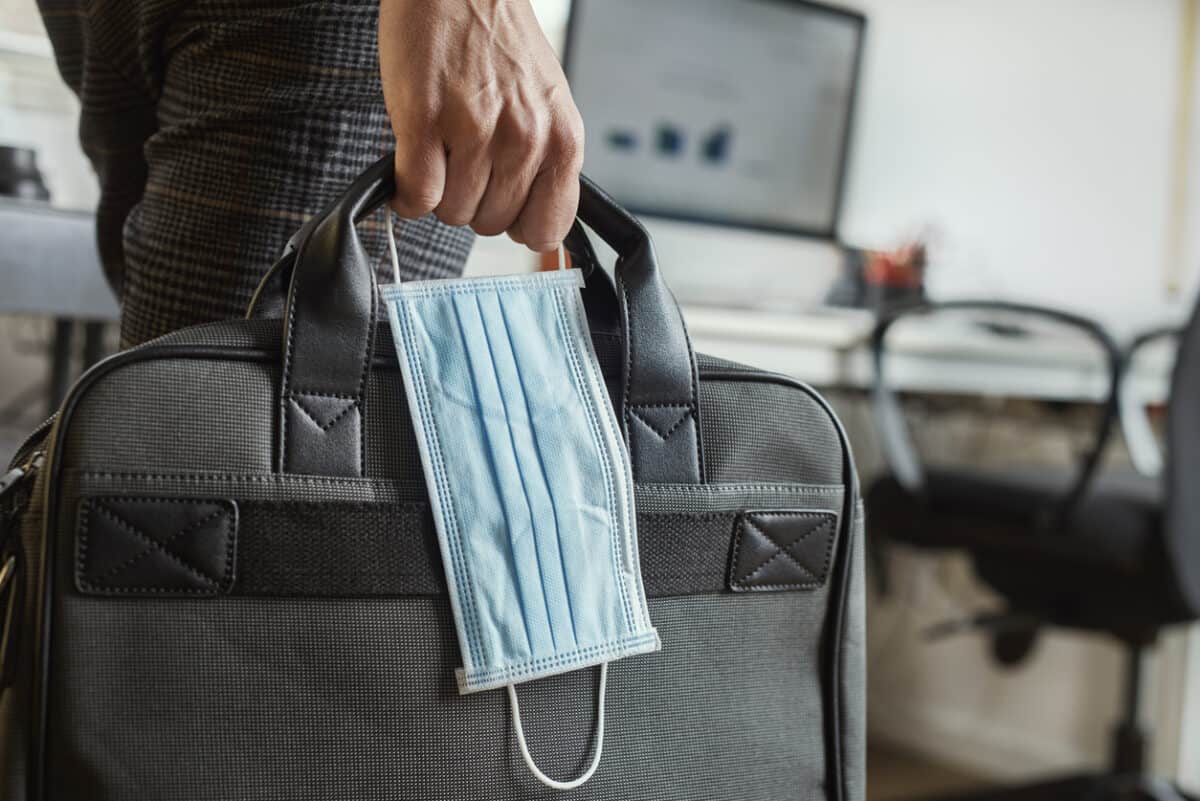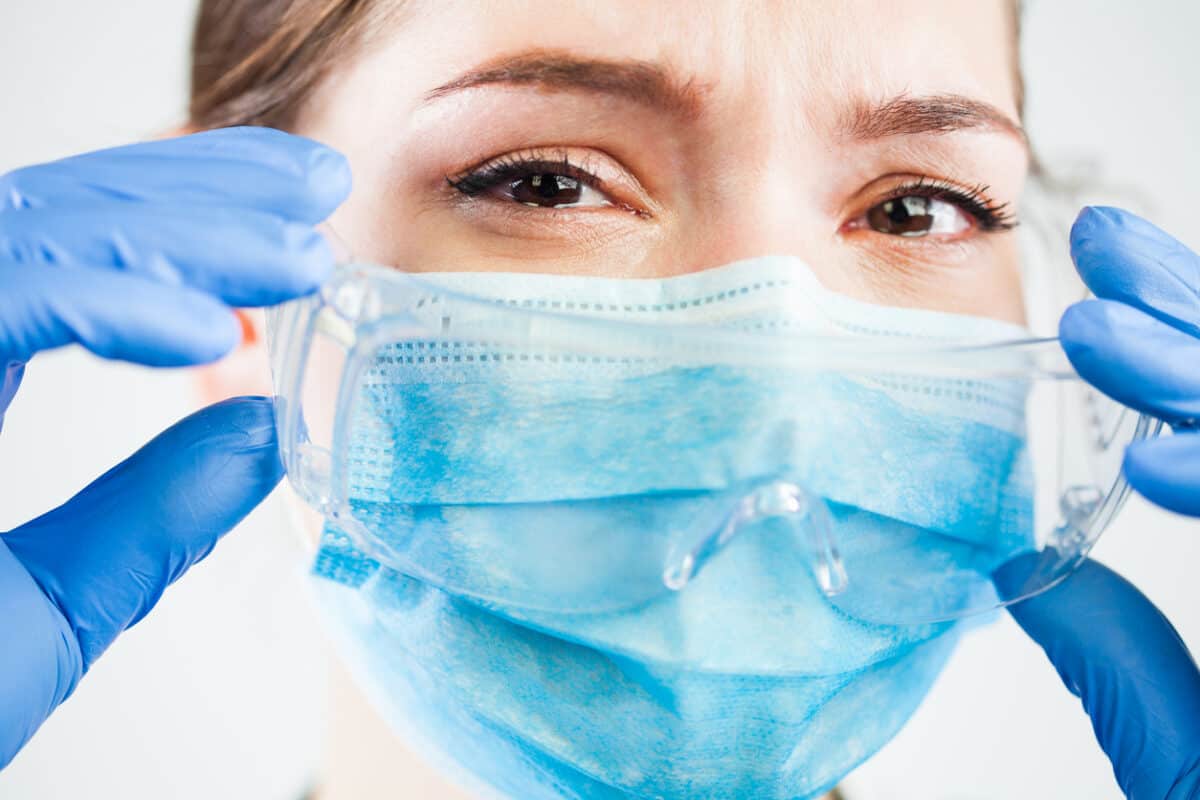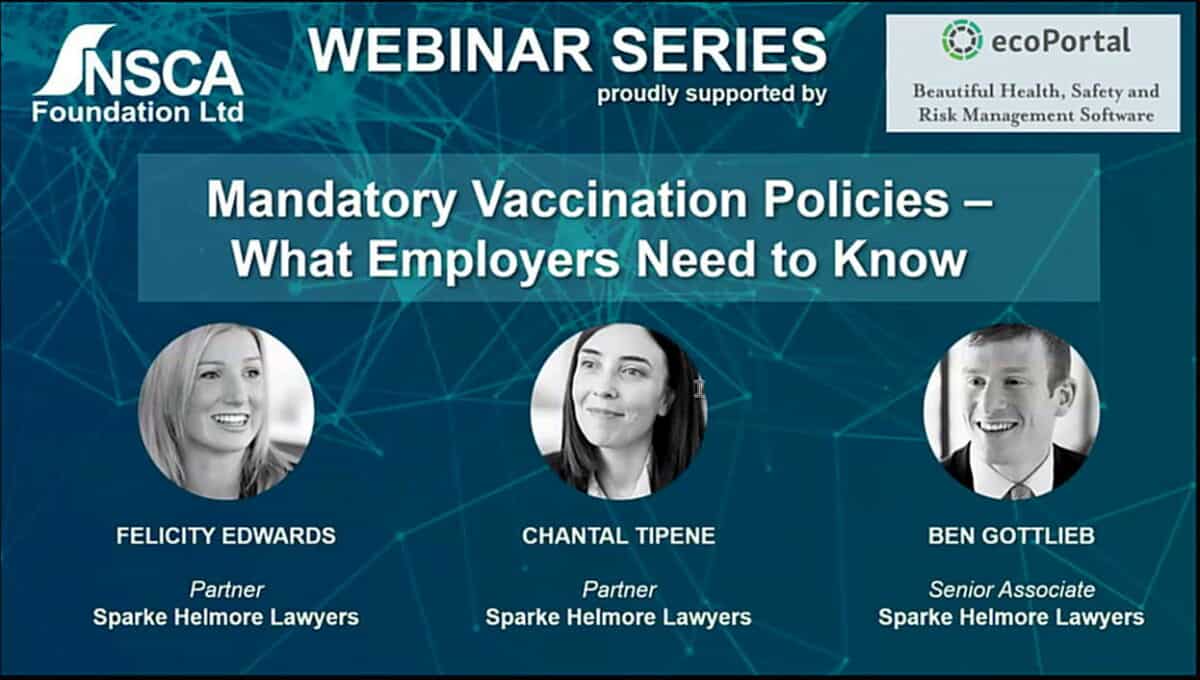So Australia did not ban the importation of engineered stone. The Heads of Workplace Safety Authorities (HWSA) have issued a Communique and a joint media release outlining their decision. It’s a political slap in the face to the trade unions who went hard on the ban.
Many organisations supported the call to ban the importation and use of engineered stone due to the unacceptable risk associated with cutting the product. Many were strident in need for the ban. Even the Federal Minister for Workplace Relations, Tony Burke, was talking tough on the morning of the critical meeting of the Heads of Workplace Safety Authorities. So what went wrong?

